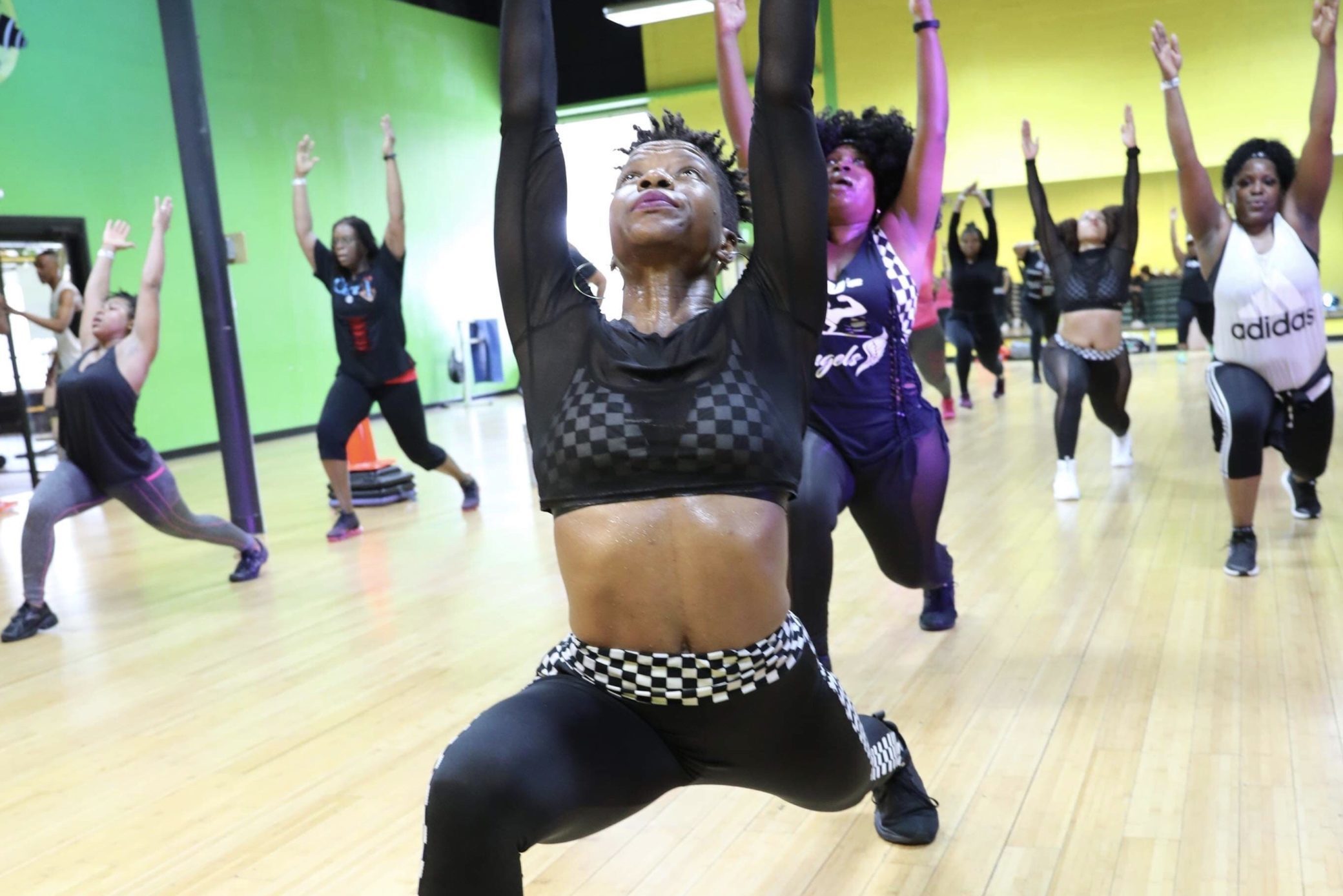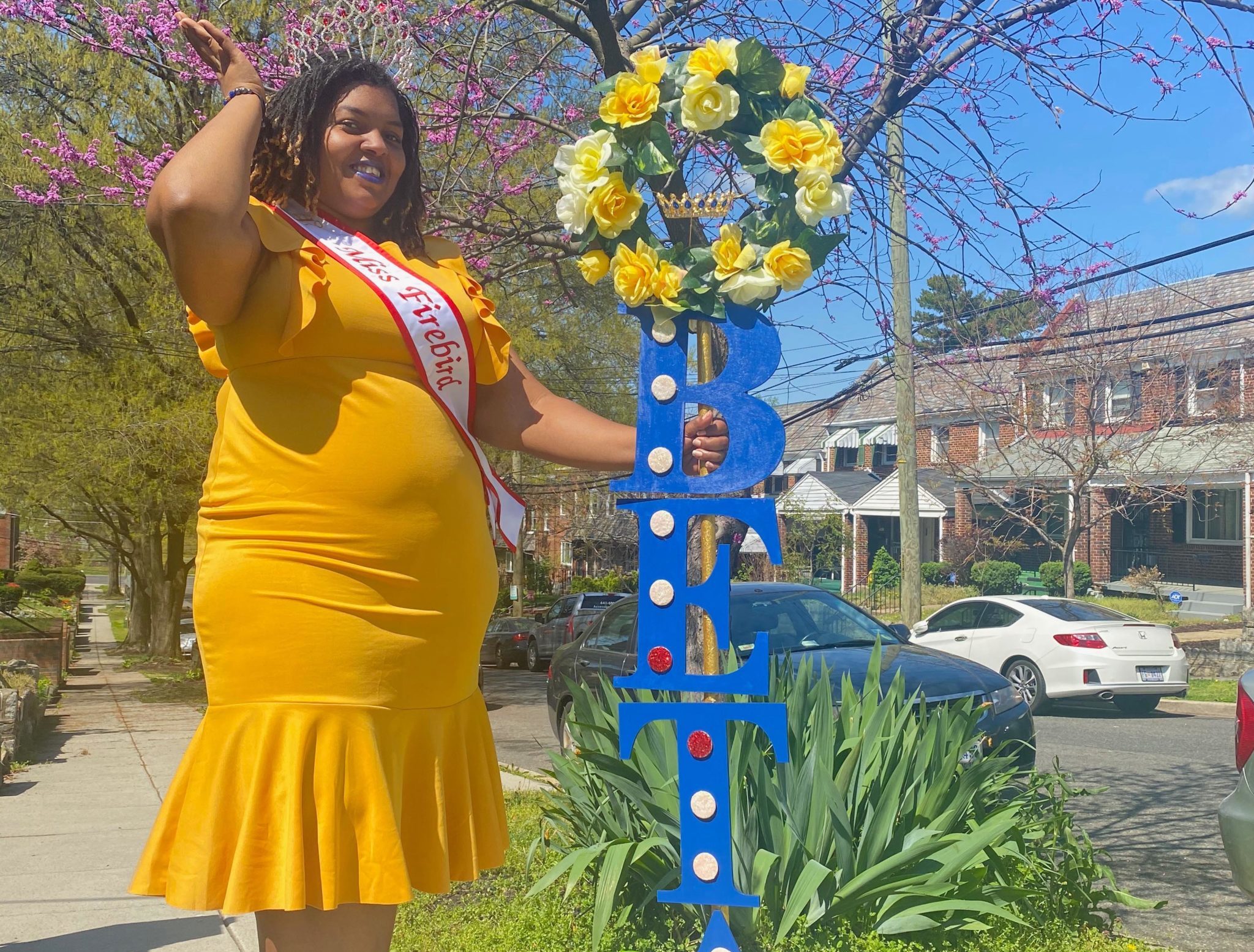D.C. music is Go Go
Go Go highlights city’s gentrification issue.
In early 2020, Go Go was declared the official music of Washington, D.C. It was a move longtime coming its supporters say, spured by conflict surrounding the city’s changing demographic.
“I think it’s long overdue,” activist Ronald Moten said of the legislation in an interview with The Washington Times. “If you go anywhere in the country — Memphis, New Orleans — they honor the music that originated in the city. They treat it like it belongs to them.”

A collision between old and new Washington came outside Metro PCS, a 7th street telecommunication store in April 2019. Donald Campbell had played Go Go at his storefront for 24 years. But after residents of a nearby new luxury apartment building threatened to sue T-Mobile, which had acquired the store, Campbell said he was told “get rid of the music.”
He turned it off, but thousands of residents took to the streets to protest, using the digital battle cry #DontMuteDC to spread their message and more than 80,000 people signed a “Don’t Mute DC Go-Go Music and Culture” petition created by activist Ronald Moten.
“They can’t kick us out of our home,” Moten said. “They can complain all they want but Go Go is the soul of D.C., and we’ve been playing it here for generations now.”
For many Go Go personifies the old Washington, which according to a March 2019 study by the National Community Reinvestment Coalition, has been gentrified faster than any other city in the United States. More than 20,000 black Washingtonians were displaced between 2000 and 2013.
Part of the Funk genre, the music originated in the area during the mid- 1960’s to late-1970s. In the mid-1960s, “go-go” was the word for a music club in the local African-American community. Dancers could expect to hear the latest top 40 hits, as many as 20 at a time, performed by local funk and soul bands.
However, the music has faced pressure from curfew laws which targeted its venues in the 1980s, while excluding movie theatres and venues for European performance art. And in the 1990’s, the city’s Alcoholic Beverage Control Board also cracked down on go-go club owners.
Today, the #DontMuteDC movement has shown staying power and some tangible achievements, including the passage of the legislation for the Go Go bill, which was done with the assistance of Moten and Howard University professor Natalie Hopkinson, whose book Go-Go Live: The Musical Life and Death of a Chocolate City details gentrification’s impact on D.C.’s African-American population.
For information on the #DontMuteDC movement visit







